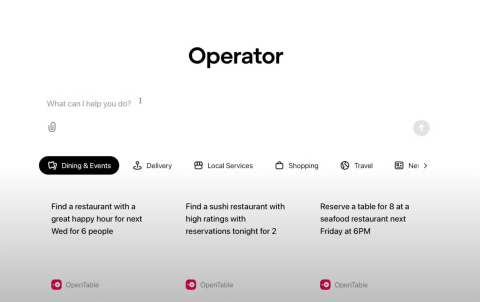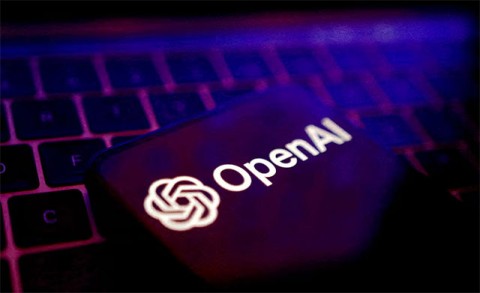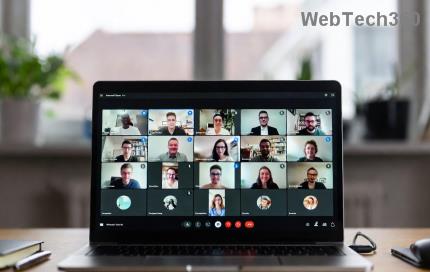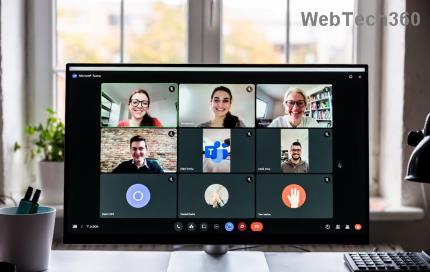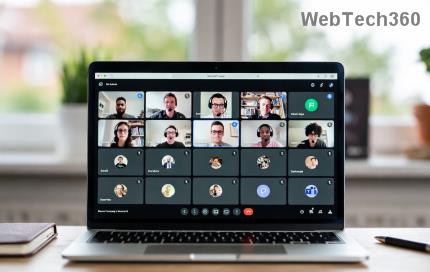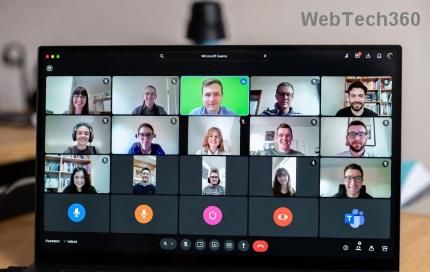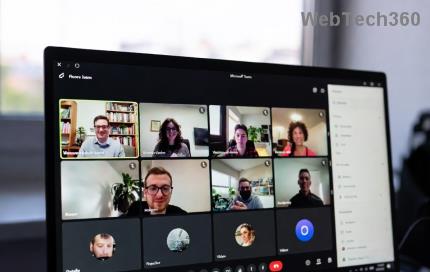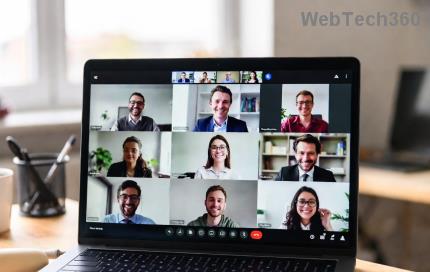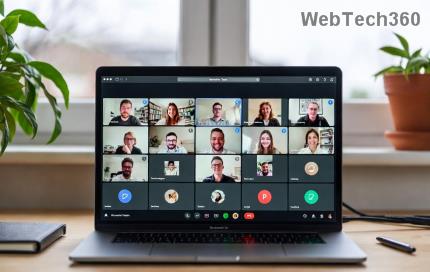On March 29, OpenAI introduced Voice Engine, a software that uses artificial intelligence to generate voices based on short 15-second audio recordings and is capable of reading text. It can also recreate voices in foreign languages, even from recordings that only use English.
Voice Engine has been developed by OpenAI since 2022 and was tested with a group of customers in late 2023. In it, the software has demonstrated the ability to support reading, translate content between different languages, and create voices for people who have lost the ability to speak.

However, OpenAI also emphasized the potential risks of voice-imitating technology, especially in the context of the US presidential elections. This is part of the reason they decided to limit access and not open up the technology widely.
The announcement of Voice Engine is intended to encourage regulators and the public to be more vigilant against AI-based scams, according to ChatGPT’s owner. The developers also warn that criminals could use voice-impersonation software to steal personal information or hack into bank security systems.
“It’s important that people understand where this technology is headed, whether we release it widely or not,” OpenAI said.

Voice-editing technology using artificial intelligence gained attention after a recording imitating US President Joe Biden's voice urging people to "not participate in the New Hampshire Democratic primary" went viral on social media in January.
Pindrop Security, a company that specializes in detecting voice fraud, then analyzed the recording and concluded that it was a deepfake using technology from ElevenLabs, a startup that develops artificial intelligence software that generates voices in more than 20 languages.
According to Fortune magazine, Mr. Biden's voice deepfake has many experts and US election officials worried, calling it "an attempt to interfere with the election powered by artificial intelligence". Some assessments show that spreading deepfakes of audio is not only easy, but also has the risk of bad guys using this technology to influence election results and prevent voters from going to the polls.
